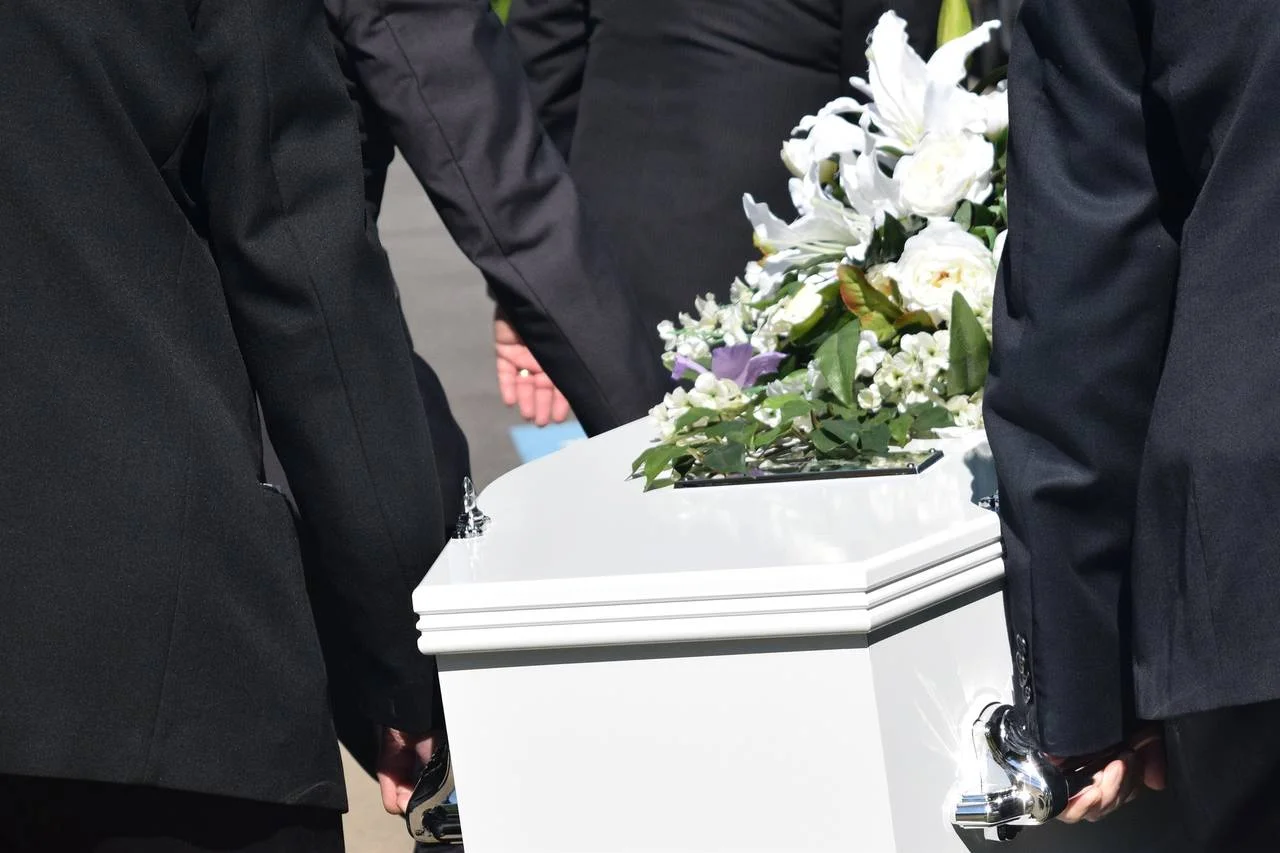Understanding Wrongful Death Lawsuits in the Context of Nursing Home Abuse in Florida

The decision to place a loved one in a nursing home is often difficult, made with the expectation that they will receive the best possible care. Unfortunately, instances of abuse and neglect in nursing homes can lead to severe harm and even wrongful death. For families in Florida, understanding the legal framework surrounding wrongful death lawsuits in the context of nursing home abuse is crucial for seeking justice and ensuring accountability.
What Constitutes Wrongful Death in Nursing Homes?
Wrongful death in a nursing home setting occurs when a resident dies due to the negligence, abuse, or omission of care by the facility or its staff. Common causes of wrongful death in nursing homes include:
- Medical Negligence: Failure to provide adequate medical care, improper medication administration, or delayed treatment.
- Physical Abuse: Harm inflicted by staff members or other residents, leading to fatal injuries.
- Neglect: Failure to meet basic needs, resulting in malnutrition, dehydration, or infections.
- Unsafe Environment: Poor facility conditions that contribute to accidents or health hazards.
Legal Basis for Wrongful Death Lawsuits
In Florida, wrongful death claims are governed by the Florida Wrongful Death Act. This legislation allows the deceased’s estate and certain family members to file a lawsuit against those responsible for the death. The primary objectives of these lawsuits are to seek compensation for the survivors and to hold the negligent parties accountable.
Who Can File a Wrongful Death Lawsuit?
Under Florida law, a wrongful death lawsuit must be filed by the personal representative of the deceased’s estate. This representative is usually named in the deceased’s will or appointed by the court if no will exists. The claim is filed on behalf of the deceased’s estate and surviving family members, including:
- Spouse
- Children
- Parents
- Other dependent relatives
Steps to Take in a Wrongful Death Lawsuit
- Consult an Attorney
- Engage with an attorney who specializes in nursing home abuse and wrongful death. Their expertise will be vital in navigating the complexities of the legal process.
- Investigate the Claim
- Your attorney will conduct a thorough investigation to gather evidence supporting the claim. This includes medical records, witness statements, and inspection reports.
- File the Lawsuit
- The personal representative files the lawsuit in the appropriate Florida court. The complaint will detail the allegations of negligence or abuse and the resulting damages.
- Discovery Phase
- Both parties exchange information and evidence related to the case. This phase may involve depositions, interrogatories, and document requests.
- Settlement Negotiations
- Many wrongful death cases are settled out of court. Negotiations between your attorney and the defendant’s representatives can lead to a fair settlement without the need for a trial.
- Trial
- If a settlement cannot be reached, the case proceeds to trial. Both sides present their arguments, and a judge or jury determines the outcome and any awarded damages.
Types of Compensation in Wrongful Death Lawsuits
Compensation in wrongful death cases aims to address both economic and non-economic losses suffered by the survivors. This can include:
- Medical Expenses: Costs incurred for the deceased’s medical treatment before death.
- Funeral and Burial Costs: Expenses related to the deceased’s funeral and burial.
- Lost Income: The income the deceased would have provided to the family.
- Loss of Companionship: Compensation for the emotional suffering and loss of companionship experienced by the family members.
- Pain and Suffering: For the deceased’s pain and suffering before death.
Importance of Legal Representation
Navigating a wrongful death lawsuit in the context of nursing home abuse requires specialized knowledge and expertise. An experienced attorney can:
- Provide Expert Guidance: Offering a clear understanding of your legal rights and options.
- Gather Crucial Evidence: Ensuring all relevant evidence is collected and presented effectively.
- Advocate for Fair Compensation: Negotiating with the defendants and advocating for the maximum possible compensation.
- Ensure Accountability: Holding negligent nursing homes accountable and contributing to improved standards of care.
Conclusion
Understanding wrongful death lawsuits in the context of nursing home abuse is essential for families seeking justice for their loved ones in Florida. By recognizing the legal basis, knowing who can file a lawsuit, and understanding the steps involved, families can take decisive action against negligent nursing homes. Legal representation is critical in this process, ensuring that families receive the compensation they deserve and that nursing homes are held accountable for their actions. Through vigilance and legal recourse, we can work towards a safer and more compassionate environment for all nursing home residents.